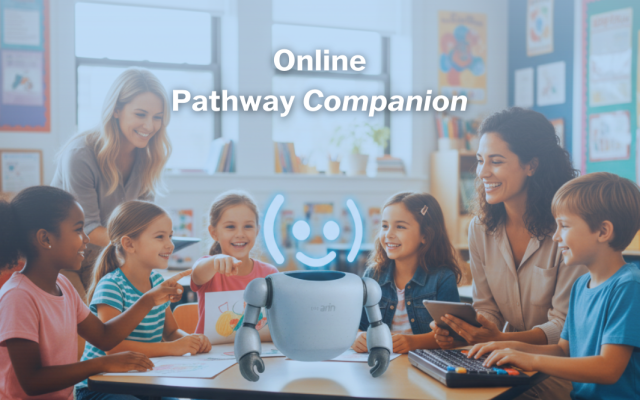3 min.
Schools in Rome are experimenting the JumPC – The Fondazione Mondo Digitale is compiling two case studies.
What educational challenges must be met by Italian schools in the 21st century? What are the basic contents of an inclusive education? 
Alfonso Molina, Scientific Director of the Fondazione Mondo Digitale and Professor of Technology Strategy at the University of Edinburgh, has revised and condensed the fundamental competencies and “educational ingredients” for a 21st century education into a chart. These elements are fundamental to bring about an inclusive knowledge society.
What happens if this outlook is superimposed on the didactic experience provided by the JumPC in primary schools? Various aspects were underlined in a video press conference that took place at the Cardinal Massaia Elementary School and addressed these issues starting from knowledge and ICT skills. 
Intel and Olidata, also thanks to the feedback provided by students and teachers have concentrated on the values and didactic habits expressed in the experience: curiosity, fun, joy of learning, participation, discipline (in class and home work) and shared learning. Tullio De Mauro, on the other hand, prefers to emphasise life skills by pointing out the value of peer education.
The column listing types of knowledge plays a different role in each of the five schools depending on the didactic strategy that is adopted. In particular, the schools in Piedmont and Palermo, have been working on Italian language, geography, mathematics and sciences, while at the Rome Cardinal Massaia School the JumPC has been used to study English via various activities (interactive cd-roms, didactic games, tests, etc.). The Primary Fratelli Cervi School, which began experimenting with the mini-PC just over a month ago, is concentrating on four subjects: history, geography, Italian and mathematics.
The video produced by Intel reveals two further aspects. In the first place, experimentation has been conducted in a special manner by involving different subjects ranging from institutions to no-profit organisations. Secondly, attention must be paid to special needs students such as the dyslexic student that has achieved previously unthinkable results thanks to the JumPC.
So, should “everyone go to school with a JumPC?” Which aspects need to be strengthened before the trial is extended on a vaster scale? Can this experience be considered as a social innovation laboratory? These issues will be addressed by the Fondazione Mondo Digitale that is currently conducting a survey with the schools involved in this project in Rome: Cardinal Massaia e Fratelli Cervi.



